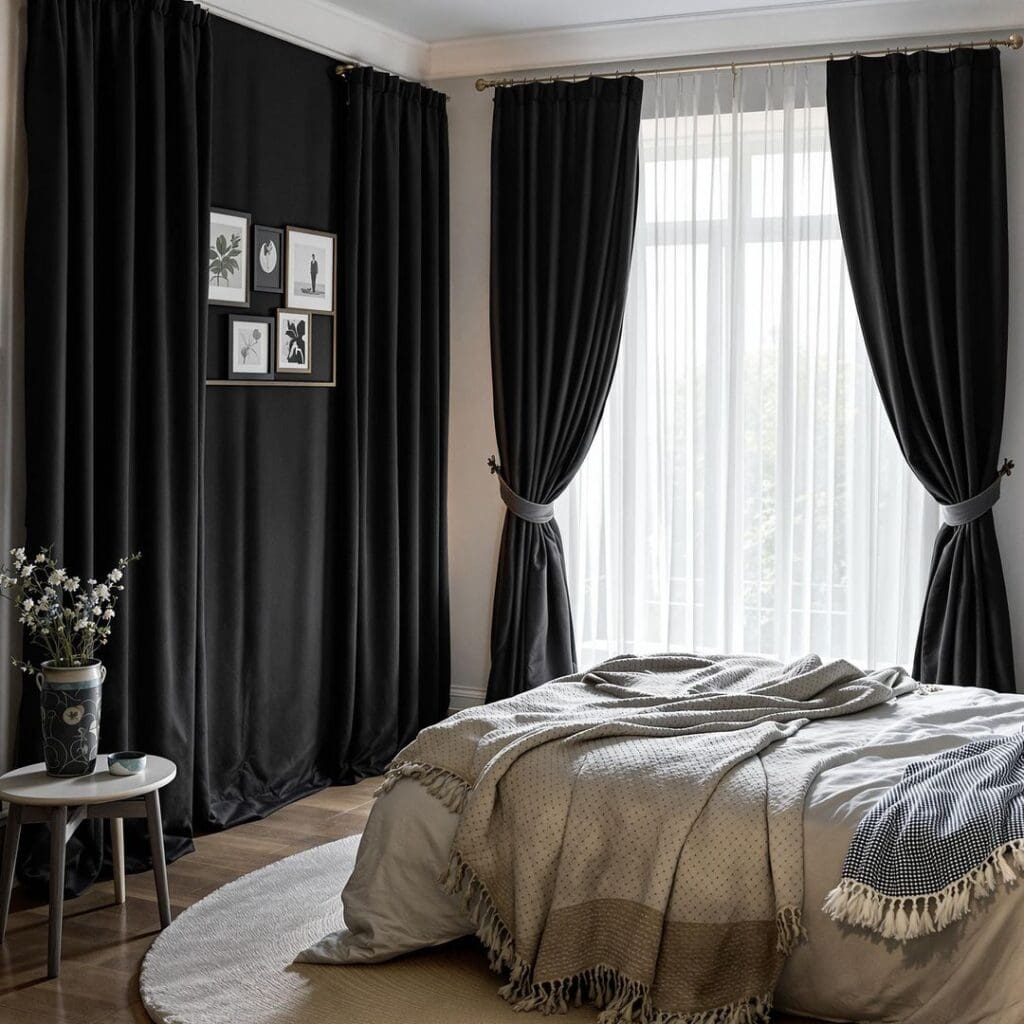
Sleep Quality Means Health
Why Sleep Quality is so important?
Sleep quality needs a restful environment to happen . It means more than just a quiet room; it’s a holistic space that caters to all your senses. It sets the stage for your mind and body to relax, promoting better sleep patterns. An optimal environment for sleep can lead to improved mental clarity, increased productivity, and overall better health. Let’s explore how to design this all-important space.
Importance of a sleep quality for Our Health
As we get older, staying healthy becomes more important. One key part of a healthy lifestyle is getting sleep quality. For people over 50, good sleep is not just a luxury. It is necessary for good physical and mental health. In this post, we will explore the importance of sleep and offer practical tips to help you achieve a restful night’s rest.
Why Sleep Quality is Essential?
The body undergoes numerous repair and replenishment activities during sleep. Sleep Quality enhances memory, supports mood regulation, boosts immune function, and contributes to overall well-being. The significance of sleep can be categorized into several areas:
- Physical Health
Lack of sleep can lead to several health issues, including heart disease, obesity, and weakened immune defenses. Proper sleep helps regulate blood pressure and inflammatory markers, contributing to a healthier heart. Additionally, deep sleep phases help manage the body’s metabolism and weight.
- Mental Health
Sleep quality improves cognitive functions and emotional health. As we age, the brain’s capacity to process new information and memories can decline. Sleep aids in consolidating memories and facilitates learning and problem-solving skills, reducing the risk of cognitive decline.
- Emotional Balance
Getting enough rest also affects emotional regulation. Sleep Quality can significantly reduce feelings of anxiety and depression, which are common among older adults. By supporting balance in hormones such as serotonin and cortisol, sleep enables a more stable emotional state.
Sleep Challenges for the 50+ Age Group
Older adults often face unique challenges when it comes to sleep. These may include changes in sleep architecture, with lighter sleep and more awakenings during the night. Conditions such as insomnia, sleep apnea, and restless legs syndrome are also more prevalent. Understanding these challenges is the first step toward addressing them.
Tips for Improving Sleep Quality
Sleep is a crucial part of our daily routine, yet many of us struggle to get the quality sleep we need. A calm environment is important for good sleep. It helps you fall asleep faster and stay asleep longer. If you are a busy parent, a stressed worker, or someone who values sleep, a calm sleep space can help.
Importance of a Restful Sleep Environment
A restful environment is more than just a quiet room; it’s a holistic space that caters to all your senses. It sets the stage for your mind and body to relax, promoting better sleep patterns. An optimal environment for sleep can lead to improved mental clarity, increased productivity, and overall better health. Let’s explore how to design this all-important space.
Optimize Your Bedroom for Sleep
Control the Light
Light plays a pivotal role in regulating our circadian rhythms. To promote a restful sleep environment, consider these tips:
- Invest in Blackout Curtains: These can help to eliminate external light sources.
- Dim the Lights in the Evening: Use softer lamps and avoid screens at least an hour before bed.

Ensure Comfortable Bedding
Comfortable bedding can significantly impact your sleep quality:
- Choose the Right Mattress: Consider firmness and material that suits your sleeping style.
- Select Soft, Breathable Sheets: Materials like cotton or bamboo help maintain a comfortable temperature.
Maintain a Cool Room Temperature
A cooler room temperature facilitates better sleep:
- Set Your Thermostat: Ideally, keep your room between 60-67°F (15-19°C).
- Use a Fan or Air Conditioner: This can help keep the room from getting too warm or stuffy.
Reduce Noise for Better Sleep
Noise can be a major sleep disruptor. Here’s how to tackle it:
- Use Earplugs: A simple, effective solution for blocking out noise.
- White Noise Machines: These devices create a consistent ambient sound to drown out disruptive noises.

Introduce Calming Scents
Aromatherapy can enhance relaxation and improve sleep quality:
- Lavender Essential Oil: Known for its calming properties, it’s perfect for bedtime.
- Chamomile: Another soothing scent that can be used in diffusers or as a pillow spray.
Organized and Clutter-Free Space
An organized room can reduce stress and aid relaxation:
- Declutter Regularly: A tidy environment can enhance your peace of mind.
- Minimalistic Decor: Keep distractions to a minimum for optimal relaxation.
Practice Pre-Sleep Routines
Developing a bedtime routine can signal your body that it’s time to wind down:
- Read a Book: Opt for non-digital reading to avoid screen exposure.
- Practice Meditation: Helps in reducing anxiety and promoting relaxation.
Suggestions
- Bedroom with blackout curtains
- White noise machine on a nightstand
1. Maintain a Consistent Sleep Schedule
Set a regular bedtime and wake-up time, even on weekends. This consistency helps regulate your body’s internal clock.
2. Create a Restful Environment

Ensure your sleeping environment is quiet, dark, and cool. Consider blackout curtains, earplugs, or a noise machine to create tranquility.
A restful environment is more than just a quiet room; it’s a holistic space that caters to all your senses. It sets the stage for your mind and body to relax, promoting better sleep patterns. An optimal environment for sleep can lead to improved mental clarity, increased productivity, and overall better health. Let’s explore how to design this all-important space.
3. Limit Screen Time Before Bed
Avoid screens from phones, tablets, or TVs for at least one hour before bed. Blue light can disrupt melatonin production.
4. Be Mindful of Diet and Exercise
Avoid large meals, caffeine, and alcohol close to bedtime. Regular physical activity can also promote better sleep but avoid vigorous exercise too close to your sleeping hours.
5. Relax Before Bed
Engage in a calming pre-sleep routine. This could be reading a book, taking a warm bath, or practicing relaxation techniques like deep breathing or meditation.
Conclusion
Quality sleep is indispensable for maintaining health and well-being, especially for those over 50. By understanding the impact of sleep on physical and mental health and implementing the suggested tips, you can enhance your sleep quality and, in turn, your quality of life.
Ready to improve your sleep? Start by implementing one or two of these tips tonight! For more resources on health and wellness, check out our website My Second Rich Life. You can also visit My Shop for a quick, sugar-free melatonin supplement. Don’t miss out on our upcoming articles by subscribing to our newsletter

 Blogarama - Blog Directory
Blogarama - Blog Directory